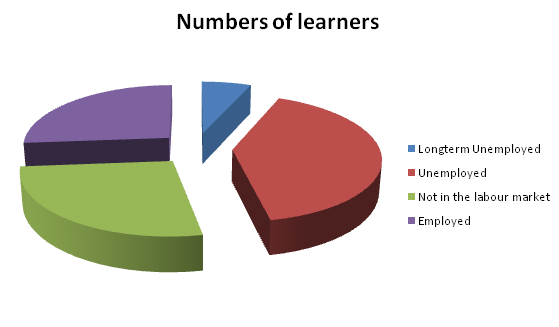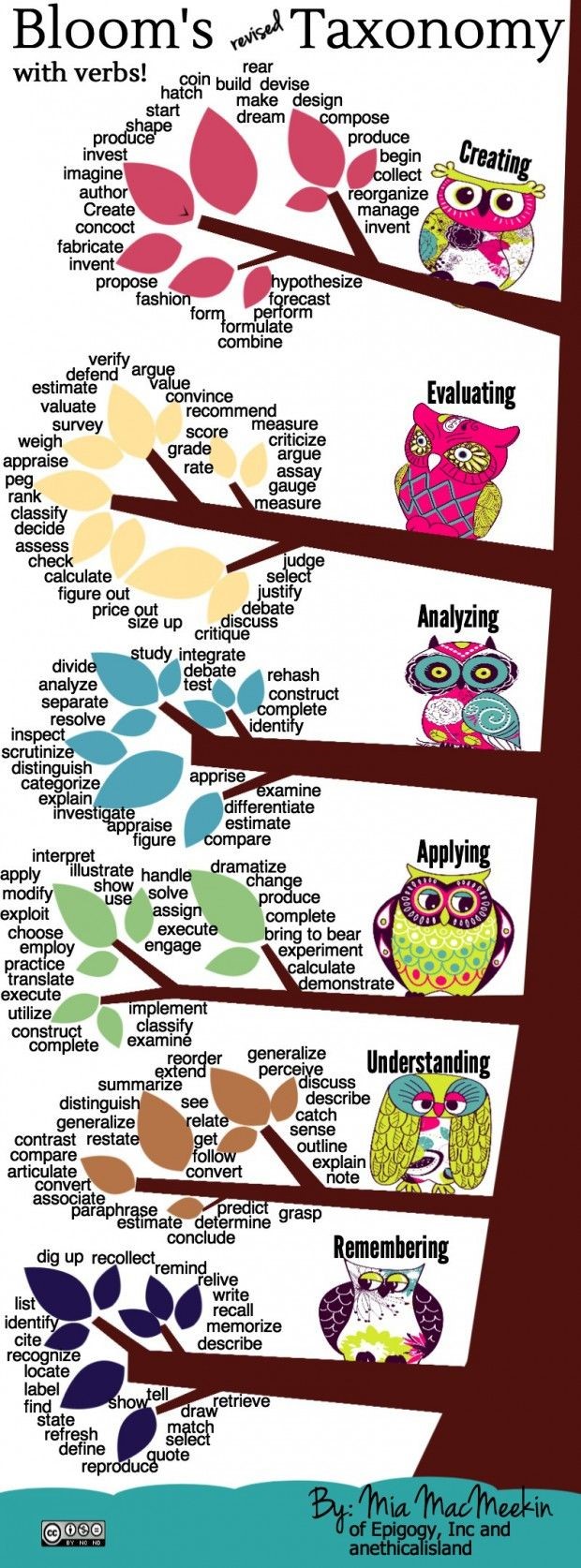Abraham H Maslow (1908 – 1970) observed human behaviour and developed what we now call Maslow’s Hierarchy of Needs. As adult educators it is helpful to pause to consider the needs of learners within this context.
All of us have basic needs which were neatly packed by Maslow into a pyramid divided into 5 distinct parts.
Each of us is on a journey to what Maslow called ‘Self Actualisation’ which is when you are fulfilling your potential. That is as important for our learners as it is for us in our own lives. However according to Maslow there are 4 distinct levels that individuals most move through in order to fulfil their potential.
At the bottom of the pyramid are physiological needs. It is obvious that we all must have basic human needs and rights met in terms of shelter, food, water and sleep. However we all can cite examples where learners have times in their lives that these basic needs are not being met and how this gap can make learning difficult.
Once our physiological needs are met our next need is for safety. This is very evident in our adult literacy environment where people need to feel secure in their learning environment. They need to be sure that that they are treated with respect, that their experiences and knowledge are valued. They need to feel assured of the discretion of our service.
Once safety is achieved people need to have a sense of belonging. We all see how learners make our Adult Literacy and Basic Education Centres their own, they feel secure in the space, they have a roof over their head to learn, they have well equipped room and they start to make friendships with students and develop relationships with all staff. Having different kinds of relationships in different settings is an important things for our learners. A sense of community is critical at this level.
Esteem is the next level. This can be built internally by learners themselves finding the confidence to value their own input, finding their own voice, realising the skills they have. A big part of this is also having the recognition from others, having a sense of achievement from completing a task well or achieving certification. Our events to mark achievements are important. Whether we present certificates of attendance or QQI awards it has the same impact in terms of building self-esteem.
The final level Maslow identified is self-actualisation. At this level Maslow talked about flow. I understand this concept best as ‘when I am in the zone’. We all know that feeling when it all clicks into place, when it appears effortless, when it just happens.
Maslow was viewed to be in the Humanist tradition where learning is viewed as student centred and the belief is that the student can reach their potential by being facilitated and supported. This is a powerful philosophy that underpins the work of the Adult Literacy Service.
Having considered this model I am sure you can each think of a learner who, over a period of time, you saw them move from one level to another. It is a great privilege to be able to bear witness to this transformation.





